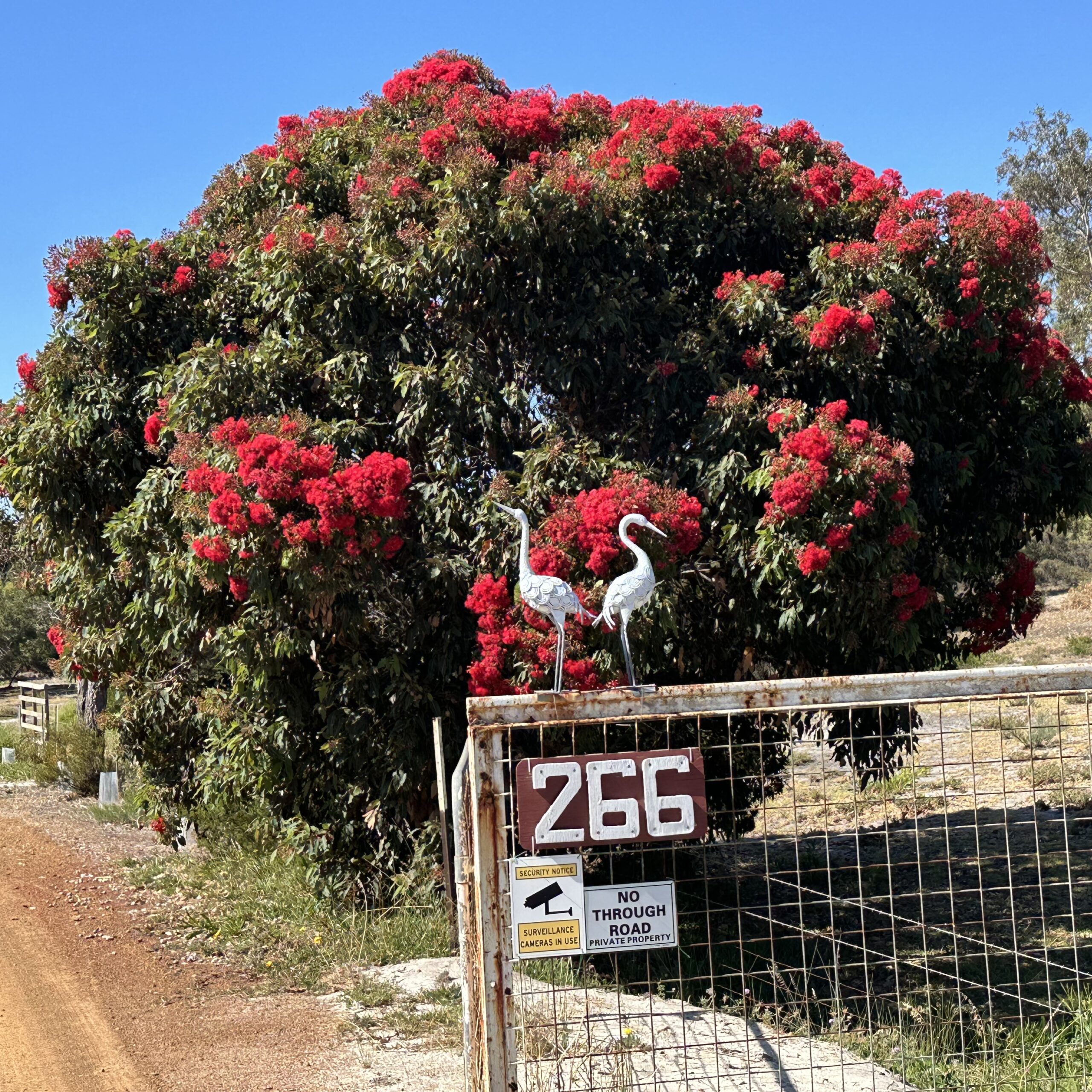Left: Carnaby’s black cockatoo (Zanda latirostris), Right: Red flowering gum (Corymbia ficifolia), an endemic species to southwest WA.Photo credits: Lori-Ann Shibish and Colin Ingram Esperance Wildlife Sanctuary Inc Western Australia • CHADWICK In 2021 we purchased our 12-acre property that was part of a 1980s subdivision, partly cleared to run...
Today the Australian Parliament passed the Nature Repair Act 2023, an Act to establish a national voluntary framework for projects to enhance or protect biodiversity.
HSI Australia has previously welcomed the establishment of a system for encouraging private investment into nature conservation. We believe private investment in nature repair is needed to help reverse the current extinction crisis. But we’ve always maintained that these types of voluntary measures should not be conflated with offsets, a system which is designed to provide compensation for approving new environmental harm.
Pleasingly, the passage of the legislation through the Parliament saw a number of improvements to the draft Bill, including the removal of offsets from the legislation as well as improved transparency and accountability around the creation of biodiversity certificates. We commend the Government, the Greens and crossbench for reaching these outcomes. The debate on the Bill also noted the importance of the Government creating an investment strategy for biodiversity conservation programs and doing further work to determine whether the proposed new Environment Protection Agency (EPA) should manage the nature repair program, once the EPA is established.
The passing of the legislation also brings forward an important reform to the Environment Protection and Biodiversity Conservation Act 1999 (EPBC Act), namely expanding the so-called ‘water trigger’. This will ensure that the EPBC Act appropriately captures and assesses all unconventional gas developments that will have a significant impact on water resources. This is a welcome first step in strengthening our national environment laws and we look forward to seeing other important improvements from the upcoming reforms.
While not all of HSI Australia’s recommendations for change to the new Nature Repair Act 2023 have been taken up, a number of key recommendations were. Public input into the methodologies that will now be developed under the Act will provide another opportunity to ensure that activities funded through the Act make a meaningful contribution to stopping the extinction crisis. Of course, corporate and private investment should not be seen as a substitute for greatly increased public funding of environmental protection and restoration, and it is important that the Government increases its own financial investment in nature repair.
As 2023 comes to close we’re seeing the development of some important frameworks for protecting and repairing nature – whether it be in relation to supporting landholders to protect biodiversity on their land, properly considering the impacts of developments on our precious water resources, or renewed efforts to achieve the environmental outcomes promised by the Murray Darling Basin Plan. With wider EPBC Act reforms still to come, 2024 promises to be an important year for ensuring that our country’s legal frameworks deliver for nature.


